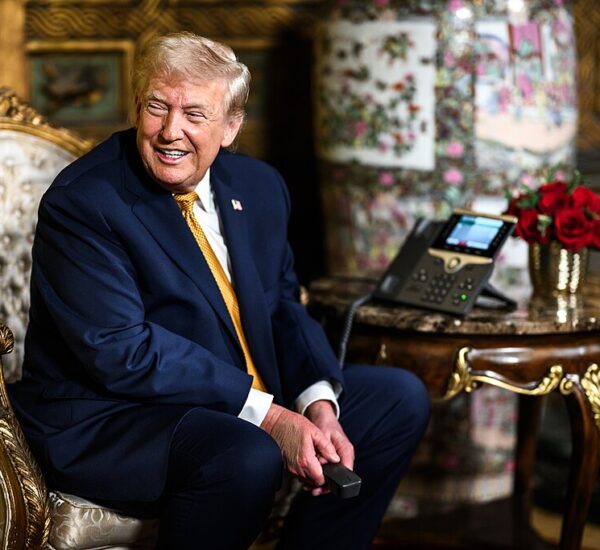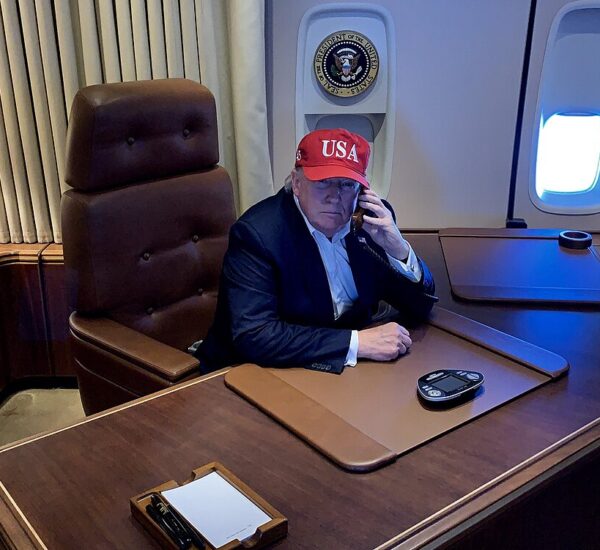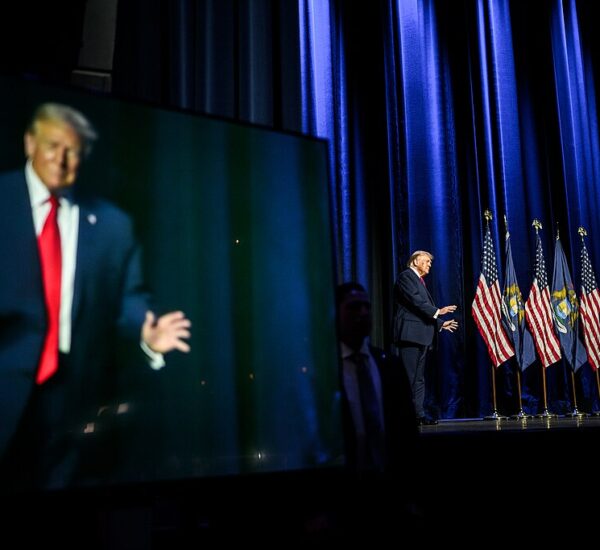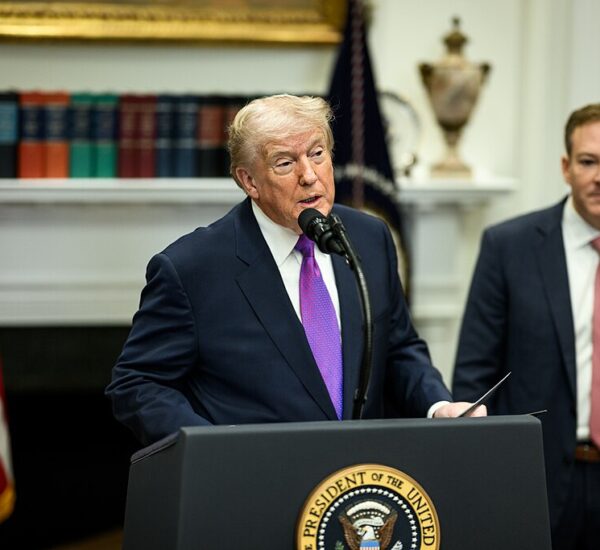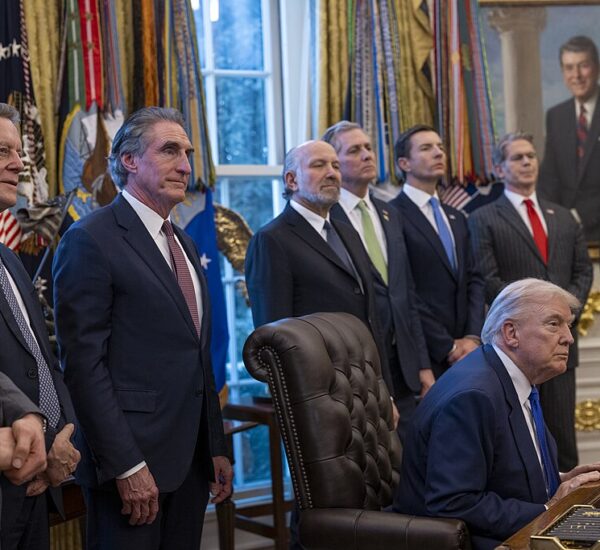One Group Cheers Trump’s Tariff War
The United Auto Workers (UAW) union recently voiced its strong support for President Trump’s decision to impose tariffs, emphasizing the importance of this “aggressive” approach in rewriting trade deals that have long harmed American workers. The union praised the move, viewing it as a crucial step toward undoing the damaging effects of past trade agreements that have undermined jobs and wages in the United States.
In a statement released Tuesday, the UAW highlighted the significant role tariffs play in leveling the playing field for American workers. “Tariffs are a powerful tool in the toolbox for undoing the injustice of anti-worker trade deals,” the union remarked. On that day, the Trump administration enacted 25 percent tariffs on imports from Canada and Mexico, along with a new 10 percent tariff on Chinese goods.
The union expressed approval of President Trump’s tough stance, calling it a necessary measure to end the “free trade disaster” that has negatively impacted blue-collar jobs in the U.S. “We are glad to see an American president take aggressive action on ending the free trade disaster that has dropped like a bomb on the working class,” the UAW’s statement read.
For years, the union has criticized large corporations for outsourcing jobs, particularly in the automotive sector. The UAW believes these companies have prioritized foreign manufacturing over American production, contributing to job losses and stagnating wages. “We want to see corporate America, from the auto industry and beyond, recommit to the working class that makes the products and generates the profits that keep this country running,” the union continued.
The UAW has been actively working with the Trump administration to shape the proposed reciprocal tariffs, which are set to take effect in April. This collaboration marks a significant shift in the union’s stance, considering its previous support for President Biden in the 2024 campaign. UAW President Shawn Fain had previously criticized Trump’s billionaire background, accusing him of blaming American workers. However, the union’s shift reflects growing recognition of the need for policies that prioritize American jobs over international trade deals.
Despite the UAW’s newfound alignment with Trump, neighboring nations like Canada and China have strongly opposed the tariffs, imposing retaliatory measures that are expected to drive up consumer prices. Mexican President Claudia Sheinbaum has also criticized the decision, warning that the tariffs could hurt job creation and increase costs for U.S. citizens and businesses.
While the future remains uncertain, the ongoing debate over these tariffs highlights a deepening divide over how to best protect American workers in an increasingly globalized economy.

